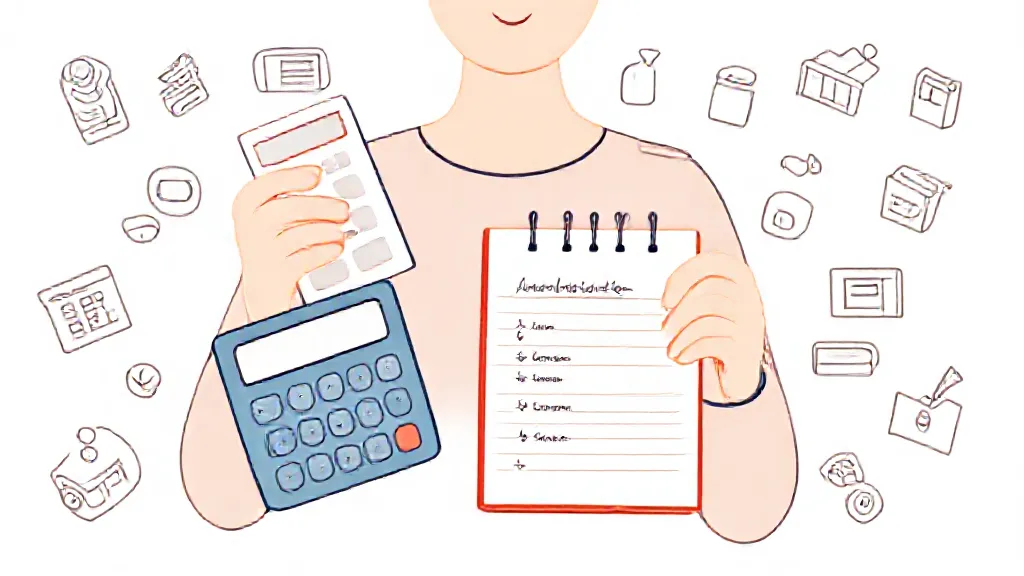Saving money each month is a goal that many individuals strive for, yet it can often feel daunting. The key lies in understanding your financial habits and making slight adjustments that can lead to significant savings over time. This article explores practical strategies to help you save more money each month, ensuring a more secure financial future.
Understanding Your Current Financial Situation
Before implementing any saving strategies, it is crucial to have a clear understanding of your current financial situation. Start by tracking your income and expenses for at least a month. Use budgeting apps or spreadsheets to categorize your spending.
This process will help you identify areas where you may be overspending and where you can cut back. For instance, if you notice that you spend a large portion of your budget on dining out, this could be an area to target for savings.
Creating a Realistic Budget
Once you have a clear picture of your finances, the next step is to create a realistic budget.
A budget acts as a roadmap for your spending and saving. Allocate a specific amount for essential expenses such as housing, utilities, groceries, and transportation. Then, set aside a portion for savings and discretionary spending.
The 50/30/20 rule is a popular budgeting method, where 50% of your income goes to needs, 30% to wants, and 20% to savings. This structure can help you maintain balance while also ensuring that you are saving consistently.
Automating Your Savings
One of the most effective ways to save money is to automate your savings.
Set up automatic transfers from your checking account to a savings account each month. This way, you treat your savings like a recurring expense, making it less likely that you will spend that money. Consider using high-yield savings accounts that offer better interest rates than traditional banks, allowing your savings to grow more over time.
Cutting Unnecessary Expenses
Identifying and cutting unnecessary expenses is another crucial step in saving money. Review your subscriptions and memberships; you may find that you are paying for services you no longer use. Canceling or downgrading these subscriptions can free up funds for savings.
Additionally, consider alternatives for everyday expenses. For example, cooking at home instead of dining out can lead to substantial savings over the month.
Utilizing Discounts and Cashback Programs
Take advantage of discounts, coupons, and cashback programs offered by various retailers.
Many grocery stores and online platforms have loyalty programs that provide discounts on future purchases. Additionally, consider using cashback apps that reward you for shopping. These small savings can accumulate over time, contributing significantly to your overall savings.
Setting Savings Goals
Setting specific savings goals can motivate you to save more effectively. Whether it's saving for a vacation, a new car, or an emergency fund, having a clear target can help you stay focused. Break down your goals into manageable steps and track your progress.
This not only provides a sense of accomplishment but also reinforces the habit of saving.
Reviewing and Adjusting Your Budget Regularly
Your financial situation may change over time due to various factors such as a new job, a change in living expenses, or unexpected costs. It is essential to review and adjust your budget regularly to reflect these changes.
Regularly assessing your budget allows you to stay on track with your savings goals and make necessary adjustments to your spending habits.
The Importance of Financial Education
Lastly, investing time in financial education can significantly enhance your ability to save money. Understanding concepts such as compound interest, investment options, and financial planning can empower you to make informed decisions.
Numerous resources, including books, online courses, and financial podcasts, can provide valuable insights into personal finance management.
By implementing these strategies, you can create a sustainable plan to save more money each month. Remember, saving is a gradual process, and even small changes can lead to significant financial benefits over time.
Stay committed to your goals, and you will likely see your savings grow.
